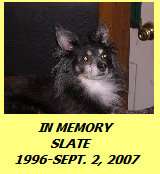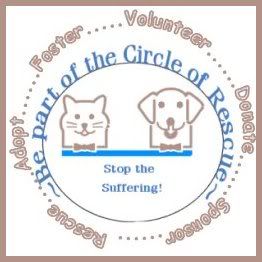JUST HOW DANGEROUS IS ACETAMINOPHIN TO PETS? No one needs to tell Beth Tucker of Syracuse, NY, how harmful acetaminophen can be to pets. In February 2006, Beth’s cat, Scooter, ingested a 500-milligran acetaminophen tablet that had been accidentally dropped on the floor. Despite treatments by a local veterinarian, the beautiful grey cat did not recover. “She suffered tremendously for five days as we tried to save her,” says Beth. “We finally made the extremely painful decision to end her suffering.” Sadly, Scooter is one of many cats to have succumbed to accidental acetaminophen poisoning. In 2005, the ASPCA Animal Poison Control Center (APCC) handled close to 300 cases from around the country. Explains the APCC’s Dana Farbman, “Depending on the amount ingested, clinical effects can include a condition called methemoglobinemia, which affects blood cells’ ability to carry oxygen to vital organs.” In addition, liver damage and even death could result. And because cats lack a specific enzyme that enables the body to metabolize the drug well, they are especially sensitive to acetaminophen toxicity—although it can be toxic to dogs and other pets, as well. Cautions Farbman, “Pet owners should never give this medication to their animals, and should always store potentially poisonous substances in a secure cabinet above countertop level and out of the reach of pets.” Beth and her family continue to miss Scooter every day. “She was the most loving kitty in the world,” says Beth. “And every evening at 5:00 P.M., if you were anywhere near the kitchen, you could count on Scooter meowing for her nightly treat.” Beth hopes that by sharing Scooter’s experience, she can help others avoid having to go through the anguish she suffered by losing her feline friend. “I feel that telling what happened to Scooter will help make something positive come out of our tremendous loss.” If you think that your pet has accidentally ingested acetaminophen, or any other potentially dangerous substance, call your veterinarian or the ASPCA Animal Poison Control Center's emergency hotline at (888) 426-4435 for round-the-clock telephone assistance. For more pet poison prevention tips, please visit APCC online.Everyone have a GREAT weekend!
Saturday, July 15, 2006
Dangerous to Pets
I just wanted to share this with everyone. Tylenol and its generic counterparts is dangerous to pets. I got this alert from the ASPCA yesterday. Read on:
Subscribe to:
Post Comments (Atom)



























No comments:
Post a Comment